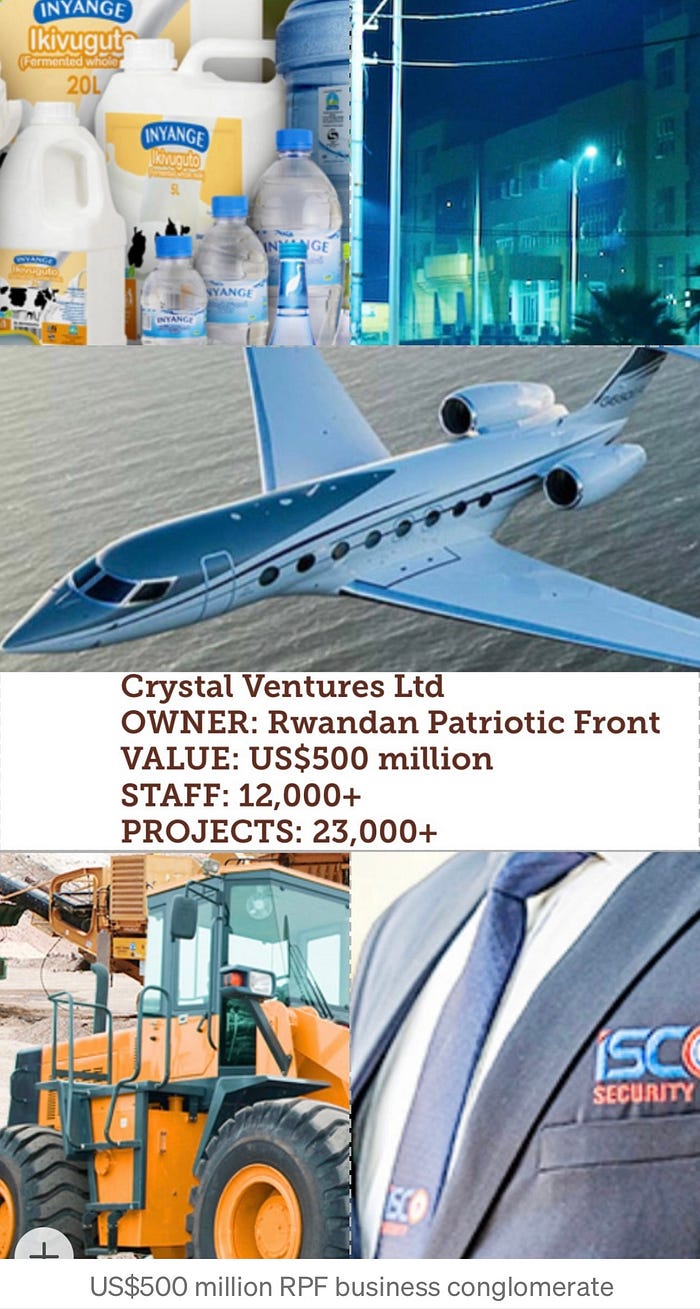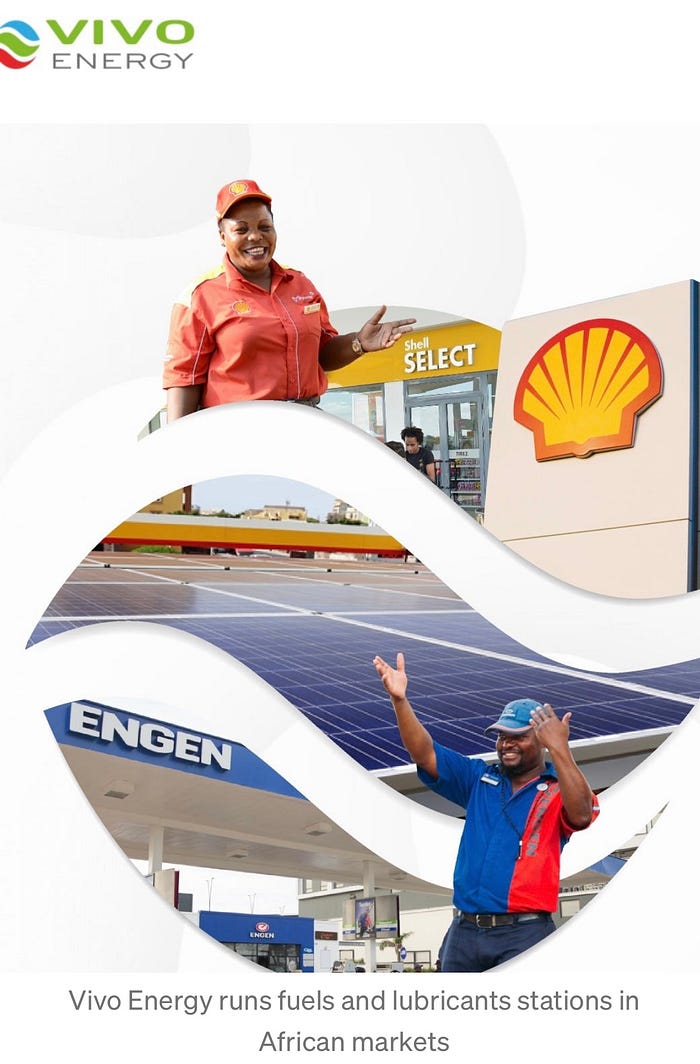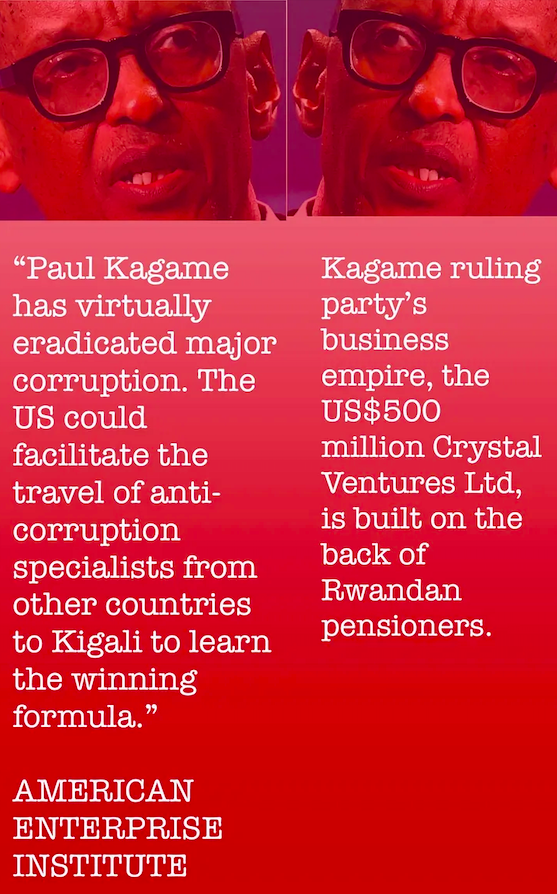By David Himbara
Rwanda’s General Paul Kagame has cultivated a reputation as a tenacious global anti-corruption crusader. The Washington, DC-based think tank, American Enterprise Institute (AEI), for example, argues that “Paul Kagame has virtually eradicated major corruption” and that “Rwanda should be the global model to defeat corruption.” AEI is so impressed by Kagame that it advised the US government to send Rwanda anti-corruption teams from different countries to be coached on how to end the scourge:
“If the State Department, the U.S. Agency for International Development, and Congress are interested in defeating the scourge of corruption…[they] could facilitate the travel of anti-corruption specialists from other countries to Kigali to learn not only the winning formula, but also to recognize how a no-nonsense approach to public graft increases wealth, peace, and stability for all.”
Will wonders never cease? A closer look at the Rwandan realities shows that the AEI’s utterances are no less than disinformation purposely created to mislead. For example, Regis Rugemanshuro, Chief Executive Officer of Rwanda Social Security Board (RSSB), recently boasted that Rwanda’s pension body is working on some “big” projects:
“We have some big projects in the pipeline through our investee companies like the Inyange milk powder plant, and the upgrade of the Ruliba manufacturing plant.”
James Biseruka who serves as Inyange Industries Ltd disclosed that the company’s milk powder factory will cost an estimated US$45 million. The cost of upgrading Ruliba’s manufacturing plant was not declared.
What do we have here? Inyange Industries Ltd and Ruliba Clays Ltd are part of Crystal Ventures Ltd (CVL), the US$500 million business empire of the ruling party, Rwandan Patriotic Front (RPF). Kagame is, of course, the chairman of RPF since 1997. This is not the first time that Kagame has directed the Rwandan pension funds to serve private interests. Several CVL subsidiaries were built using Rwanda’s pension money. For example, the East African Granite Industries was financed by the pension money to the tune of 50 percent. Inyange Industries Ltd was financed by the pension fund to the tune of 40 percent. Crystal Telecom was financed by pension money to the tune of 30 percent.

The financing of the US$500 million RPF business conglomerate by the Rwandan pension fund fits perfectly into Kagame’s own definition of corruption:
“Corruption represents the corrosion of societies…And corruption is not just about abusing power to steal public funds. It includes the abuse of power and influence to create double standards, and manipulate the perception of truth, in favour of those who hold such influence. In some instances, this has become a way of life…This fight against corruption is a forever one and requires endless effort.”
It is a miracle that RSSB is not bankrupt given the extent it is forced into investing in highly questionable business ventures including the ruling party’s companies. The 2022 Auditor General Report to Parliament shows the extent of the rot of the Rwandan pension as shown in the following highlights:
“The audit noted that eleven (11) companies in which RSSB had invested Frw 127.78 Bn [US$107.4 million] had lost 80% in fair value (accumulated losses of Frw 102.04 Bn) [US$91 million].
RSSB earned dividends amounting to Frw 7.36 Bn from ten (10) equity investments while fourteen (14) equity investments did not declare dividends.
RSSB pension scheme had investment properties valued at Frw 414.77 Bn [US$353.2 million] as of 2021 which generated Frw 2.28 Bn [US$1.9 million] rental income during the year. The income only represented 0.011% of the amount invested.”
Meanwhile, the Kagame Government has signed an agreement between the Rwandan pension body and Vivo Energy to purchase over 200 electric buses for Kigali. As Rugemanshuro, RSSB’s CEO explained: “We are pleased with this partnership to invest in electric buses to improve public transport.” Strangely, Vivo Energy does not manufacture vehicles – far from it.

Established in 2011, Vivo Energy is a British company that retails and distributes Shell and Engen fuels and lubricants across many African markets.
To conclude, General Kagame deserves a medal – not for anti-corruption legacy but for state capture. The term state capture describes methodical grand corruption whereby the ruling elites shape public policy to serve their private interests. The Rwandan strongman is in a league of his own in state capture. Stay tuned.





























































